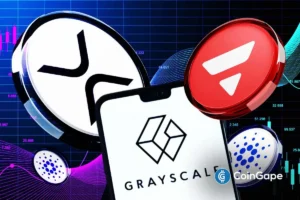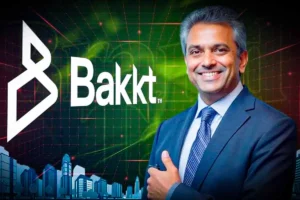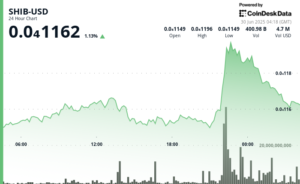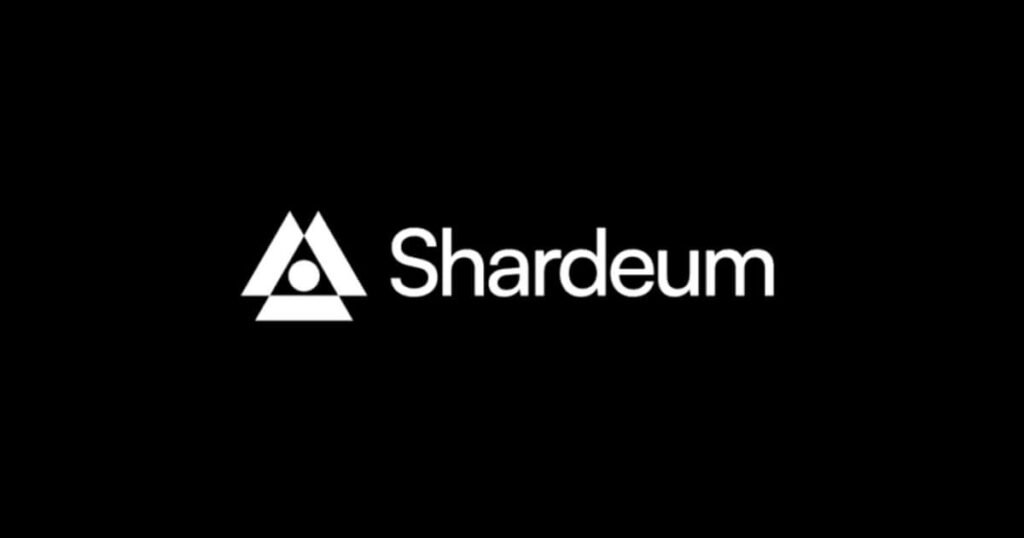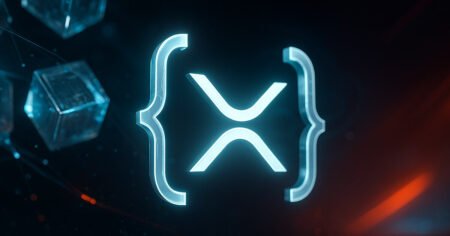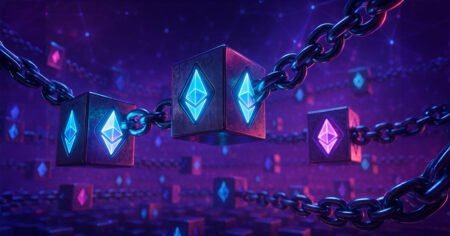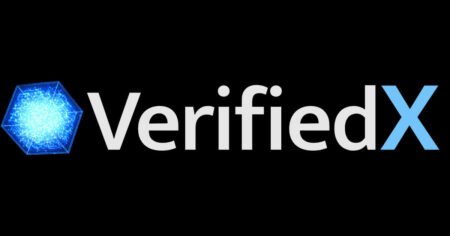Shardeum: Pioneering Decentralization and Scalability in Blockchain
In the rapidly evolving world of blockchain technology, Shardeum is making significant strides in decentralization and scalability. With its innovative autoscaling architecture based on the Ethereum Virtual Machine (EVM), Shardeum is positioned to transform how decentralized applications (dApps) function. The emphasis on lightweight node requirements allows more users to participate in the network, fostering a broader and more robust ecosystem.
Key Features of Shardeum’s Architecture
Shardeum incorporates a unique autoscaling model that dynamically adjusts to network demands. This allows for seamless scaling without compromising decentralization. Unlike traditional blockchain solutions, which often struggle with congestion and high transaction fees during peak times, Shardeum’s architecture ensures that transactions remain efficient and affordable regardless of network usage fluctuations. Moreover, by adhering to EVM standards, developers can easily transition their existing Ethereum-based dApps to the Shardeum platform, capitalizing on its enhanced performance capabilities.
The Lightweight Node Advantage
One of the standout features of Shardeum is its focus on lightweight node requirements. Traditional blockchain networks often necessitate substantial computational resources, limiting participation mainly to those with high-end hardware. In contrast, Shardeum allows users with modest devices to join the network as nodes, democratizing access and encouraging broader community participation. This inclusivity not only strengthens the network’s resilience but also helps cultivate a diverse pool of contributors, developers, and validators.
Enhancing Decentralization
Decentralization is a foundational principle of blockchain technology, and Shardeum takes it to heart. By enabling lightweight nodes and fostering a wide range of participation, Shardeum enhances its decentralized nature. This approach contrasts sharply with centralized solutions often criticized for their lack of transparency and control. Shardeum’s commitment to decentralization ensures that no single entity can manipulate the network, preserving trust among users and stakeholders.
Use Cases and Applications
With its innovative architecture, Shardeum is primed to support various applications across multiple sectors, including finance, gaming, and supply chain management. Developers can build high-performance dApps that require minimal resources, increasing accessibility for end-users. Additionally, the scalability of Shardeum means that businesses can adapt to changing market demands without worrying about the underlying technology breaking under pressure. This versatility allows Shardeum to cater to a diverse array of industries, unlocking new potential for decentralized solutions.
The Future of Shardeum and Blockchain Technology
As Shardeum continues to innovate, its impact on the blockchain landscape will likely grow. The combination of autoscaling, lightweight node requirements, and a strong commitment to decentralization positions Shardeum as a leader in the next wave of blockchain technology. By focusing on these core principles, Shardeum is not just addressing current challenges in the space but is also paving the way for a more inclusive, efficient, and resilient decentralized ecosystem.
In conclusion, Shardeum is redefining what is possible in blockchain technology, setting the stage for the future of decentralized applications. Its unique architecture and commitment to scalability and decentralization represent a significant step forward, making it an essential player in the blockchain revolution.
